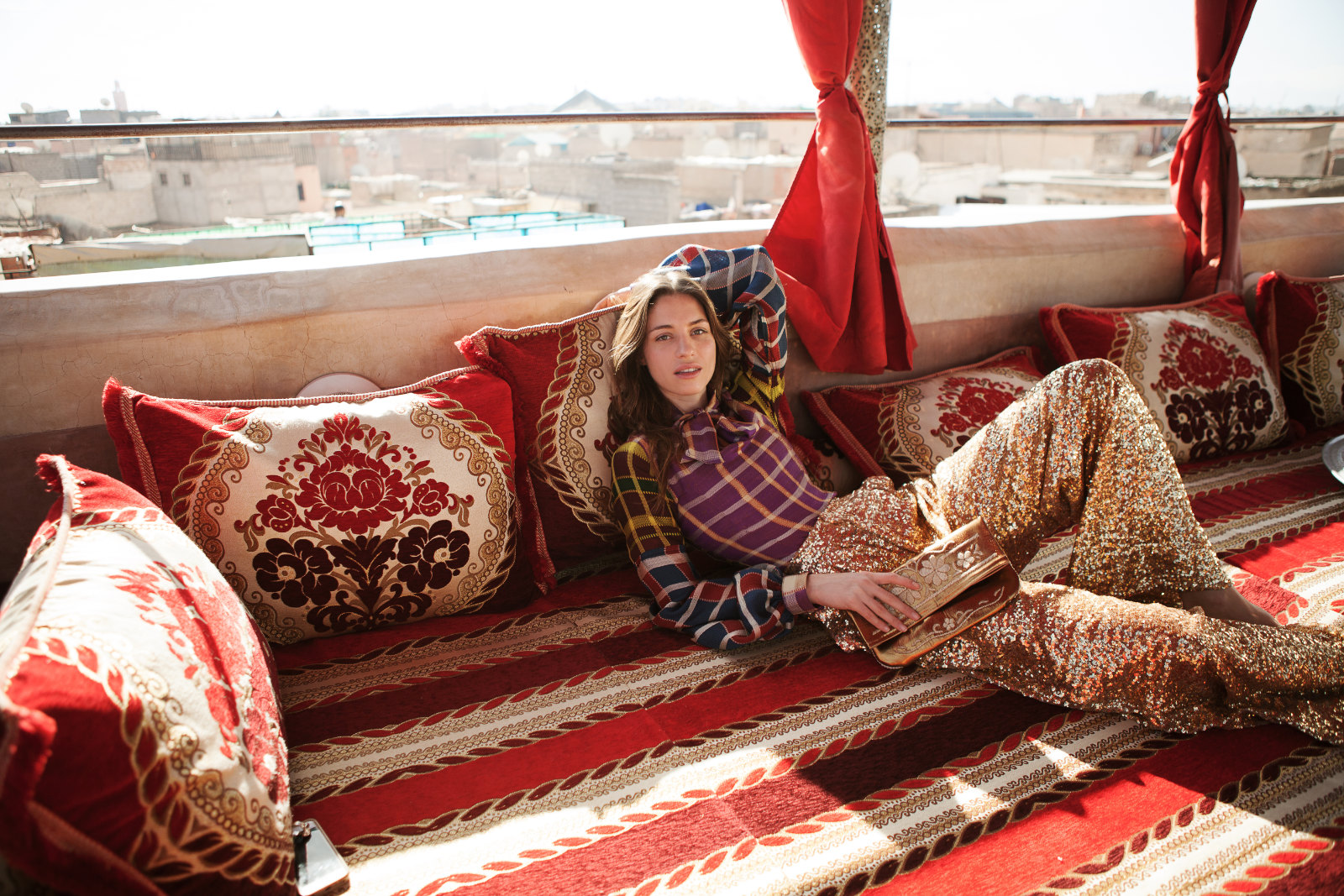
FASHION
Some fashion labels merely preach sustainability. Abury goes several steps further, equipping communities and inspiring creativity. Jack Yan talks to its founder Andrea Bury
Photographed by Suzana Holtgrave
First published in the July 2019 issue of Lucire KSA
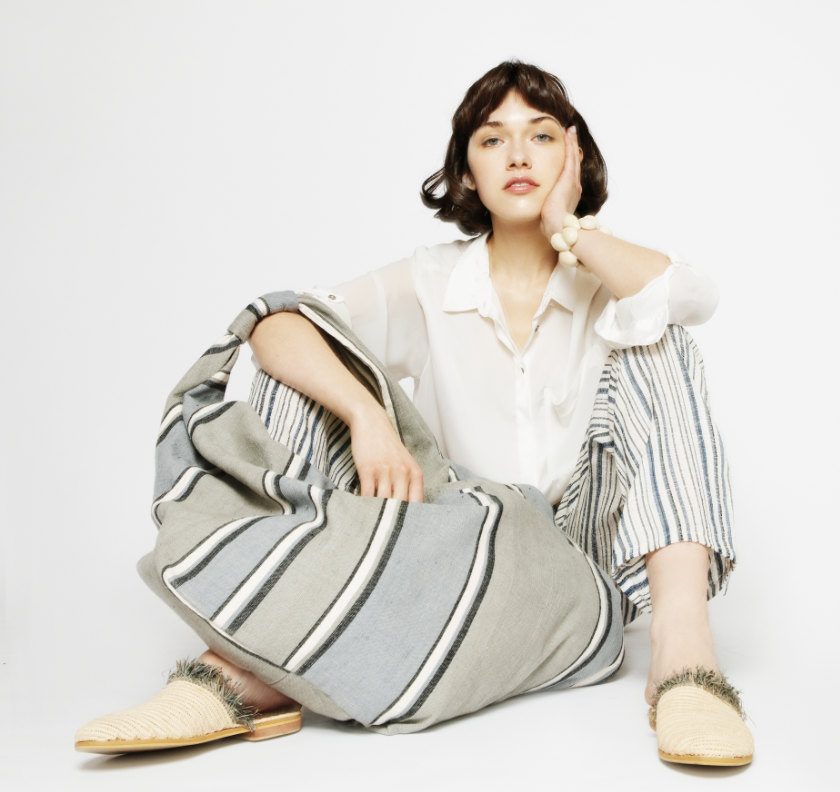
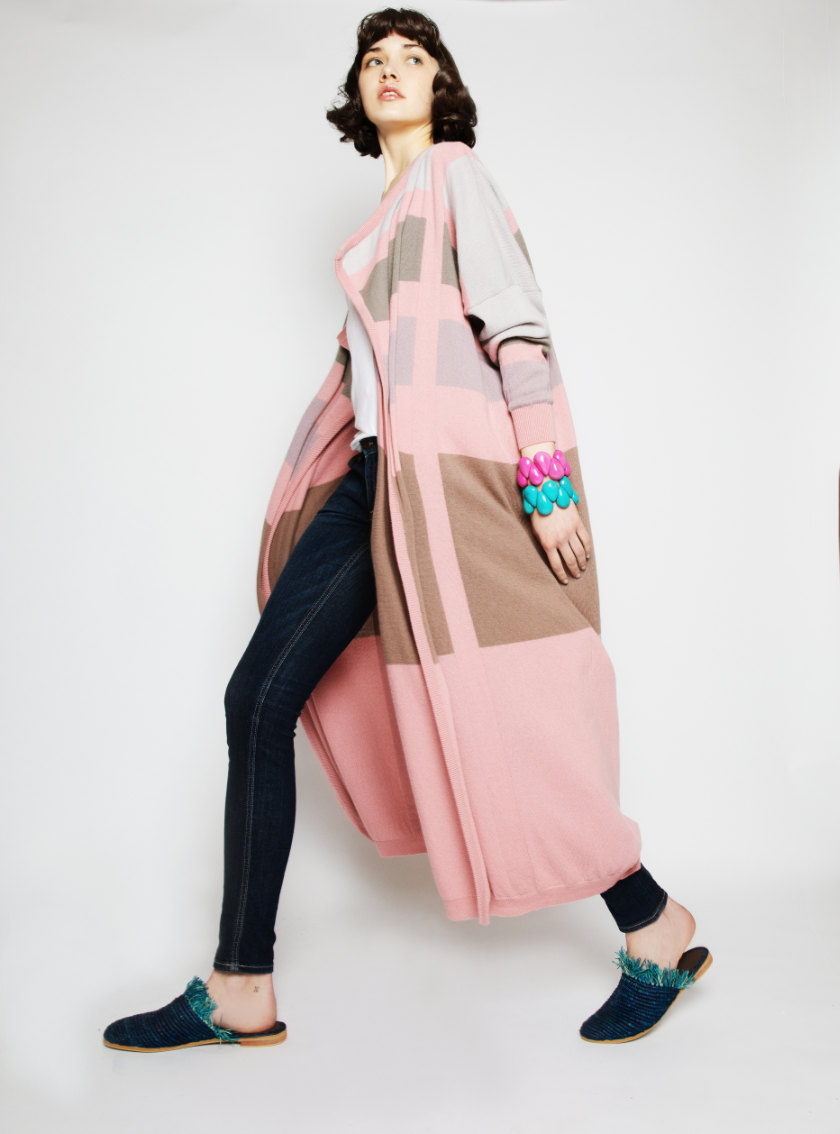
Top: Abury’s XL Hobo Shopper Bag. Above: Tagua bracelets, currently available at abury.net.
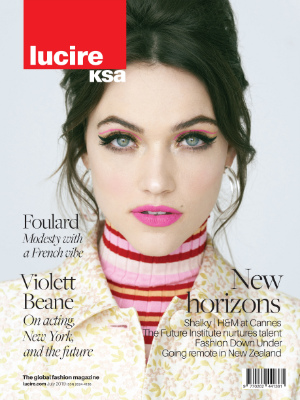 If Andrea Bury had not started Abury (officially styled in all caps, as ABURY), a social fashion business that blends transparency, quality and style, she would still have an enviable CV as an advertising, corporate identity and PR expert, an event organizer, and a marketing strategist, with the Laureus World Sports Awards, Deutsche Bank, Campari, O2, and Volkswagen among the brands she has served. She can also comfortably take credit for the success of AnaYela, a Marrakech riad she renovated and turned into a five-star hotel, which she still manages.
If Andrea Bury had not started Abury (officially styled in all caps, as ABURY), a social fashion business that blends transparency, quality and style, she would still have an enviable CV as an advertising, corporate identity and PR expert, an event organizer, and a marketing strategist, with the Laureus World Sports Awards, Deutsche Bank, Campari, O2, and Volkswagen among the brands she has served. She can also comfortably take credit for the success of AnaYela, a Marrakech riad she renovated and turned into a five-star hotel, which she still manages.
‘In 2007, I moved to Marrakech with the idea to create a think-tank with my then-husband. Our idea was to create a place to bring people together and talk about sustainable innovation—socially, ecologically, economically,’ she recalls. ‘We chose Marrakech because we were looking for a place that was culturally far away but easy to reach. A place where we westerners don’t get along with what we have learned and have to open our horizons and senses for new ideas.
‘On top, Morocco is a fascinating country, very intense and full of diversity. So we bought a house in the Medina of Marrakech, moved there and renovated it, with only traditional craftspeople from the neighbourhood. That was the first time I got involved with crafts and the people behind.’
As the property took place, she and then-husband Bernd Kolb considered what they would do with it when it wasn’t being run as an innovation think-tank. AnaYela was born, and it opened in 2008.
Connecting with the craftspeople, she admired their traditional skills, and discovered how they were being lost in an age of consumerism and globalization. She heard their individual stories, where they could not afford to educate their children, and where the women were illiterate. She noticed the traditional Berber bags the women made, and began collecting them. However, she remained concerned about how the traditions could be kept alive, and the ideas for Abury began to emerge.
Tapping into the Zeitgeist of today’s fashion consumer, Bury created her business with a socially responsible goal in mind. The pillars of the new brand were ‘innovation, modern design, hand-made quality and social impact,’ as recounted on Abury’s website, with 50 per cent of all profits reinvested in social projects through its own foundation.
Abury’s official launch took place in 2013 in Berlin, along with an online store (abury.net), selling the Berber designs.
It was at this point others began suggesting designers or communities from people Bury trusted.
The following year, Bury and her team were drawn to Ecuador, ‘on the recommendation of a professor from a design university in Spain. A designer working with us had studied there, and she brought the request from her professor to us.’ After an arduous journey—‘after landing in Quito you still had to travel over four hours by car through small roads in the mountains’—Bury discovered an artisanal cooperative of women, who provided the brand’s second collection. But there had to be a way of building modernity into the designs.
While some might have simply continued to bring the artisans’ designs to the market-place, Bury believed there had to be a more sustainable method. The craftsmanship had to be married to modern design.
continued below
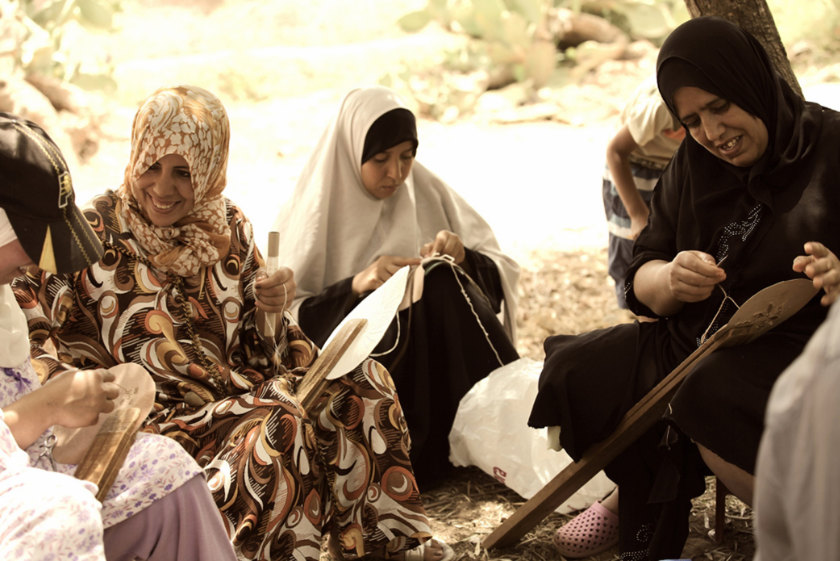 Above: Moroccan artisans at work on Abury designs.
Above: Moroccan artisans at work on Abury designs.
Bury explains, ‘As I am not a designer, we have a different approach to our collections. Every year we choose one designer through our international designer contest, the Abury Design Experience.’
The Experience was launched in 2015. ‘The designer comes to Berlin and stays with us for a week to breathe the Abury spirit and to get the briefing for the collection. This is a very rough idea of me from a customer view. Then the designer goes to the artisan community and lives with them for oughly six weeks. During that period we develop the collection together: the designer, the artisans and me (as the eye of the customer and entrepreneur). This actually is a very emotional and tense set-up, but also leads to product innovation and supports both artisans’ and designers’ development.
‘Our goal is to leave the artisans with better product development and quality management processes as well as with a better understanding of international design trends. We don’t want the artisans to be dependent on us—but help them to get more clients who pay a fair salary for their work. Nevertheless, in Morocco there is one small community who works exclusively for us.’
Bury continues to travel to find new talent. Abury currently retails designs from Morocco and Ecuador, as well as Ethiopia, India, the Ivory Coast, Kenya, Morocco, Peru, Romania and Tanzania. Of these, she found the most difficult journey was to Romania: ‘It was very cold, very rough and people were really poor and you could feel the toughness of their lives.’ When choosing the initiatives to support, Bury says she is limited by the need to have a contact person who speaks English, French or Spanish. The community itself has to be able to host their designer for six weeks. ‘They need to have a certain capacity so that we can work with them. And, we look for people who already know the community and give us recommendations from the past.’
The personal travel also helps ensure that the artisans themselves operate to Abury’s code of conduct. ‘We can check ourselves … but most of the communities and people we work with share this spirit,’ she says.
As Bury travelled, she discovered how the experience could uplift others. ‘When you meet artisans for the first time, mostly women, and ask them to show their skills, many of them will tell you that they don’t have a skill. That they don’t know a lot and don’t have anything special to show you. They are not self-confident at all: they think of themselves as poor and uneducated people.
‘But when you show them respect and appreciation of their work, and push them to become better and believe in them, they start to believe in themselves too. And pride and recognition are followed by action!’ says Bury.
‘This is my biggest learning: the products are just tools to strengthen the pride and self-respect of the people! Recognition and respect lead to pride and activity—and then they start projects that we don’t have to run any more because they run them themselves!’
While the think-tank is no more, Bury has been organizing TED×Marrakesh since 2011, with the similar aim of ‘bringing brilliant minds together and to inspire the local community.’ They still use AnaYela for special company or spiritual workshops, Bury says, ‘as it is such an amazing place with an atmosphere that can’t be described.’
Meanwhile, the Abury Foundation continues to thrive. ‘We believe that everybody has amazing skills, they just need an environment where they can blossom. To create these environments is our mission!
‘There are many stories now. At the beginning it was a bit difficult for me as it really took three to four years to see the first positive results and activities of the people. One project that works very well is a pre-school we started in the Atlas Mountains in 2013. Since then three neighbouring villages have come to us to ask if we could support them too and start schools there. Most of the children coming from our pre-school are best in class when they start primary school, and that is the first step to get a grant to go to higher education! And all the people know that education is the future and they really support their kids!’
Bury manages to run both Abury and AnaYela, and credits her teams who share her values. Abury’s Instagram account, @aburycollection, features not just the latest designs, but glimpses from the artisans themselves, so customers can get an idea who is behind the designs they buy. There is also news of the initiatives the Abury Foundation supports. At the time of writing, the Foundation is trying to fund a music education project for its school in the Atlas Mountains (see betterproject.org to contribute), while Patricia Quiroga Lopes, the 2018 winner of the Design Experience, went off to Chile to work with the Wengen artisans. Therefore, there’ll be a 10th country to add to Abury’s sources soon, and, like the previous collections, it will be very much worth the wait. •
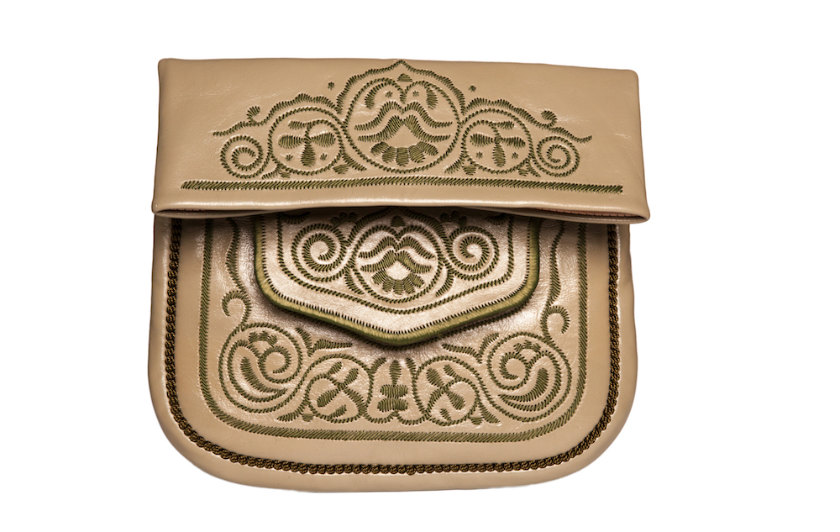
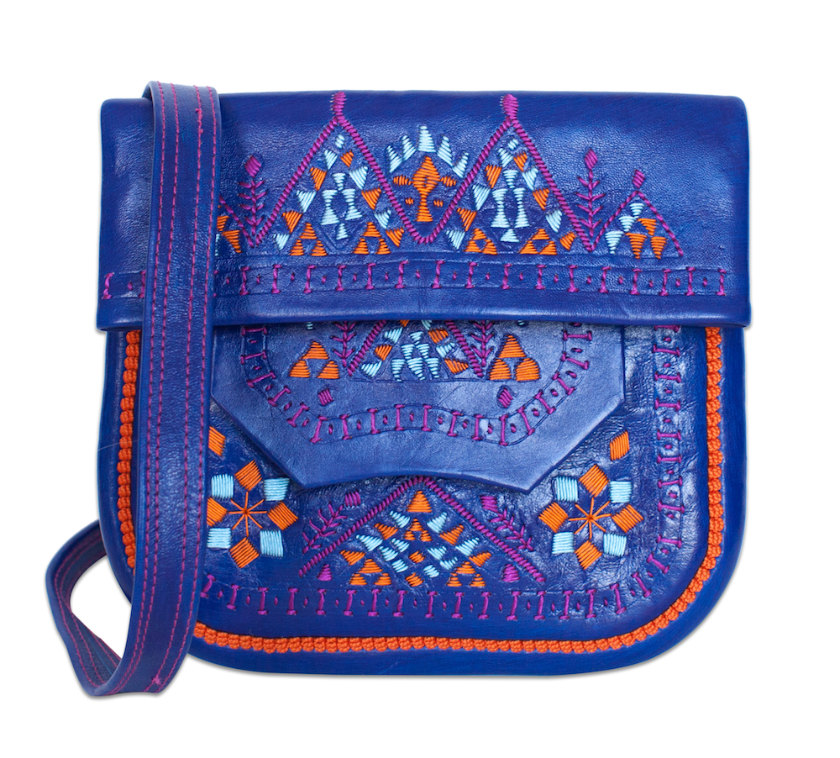
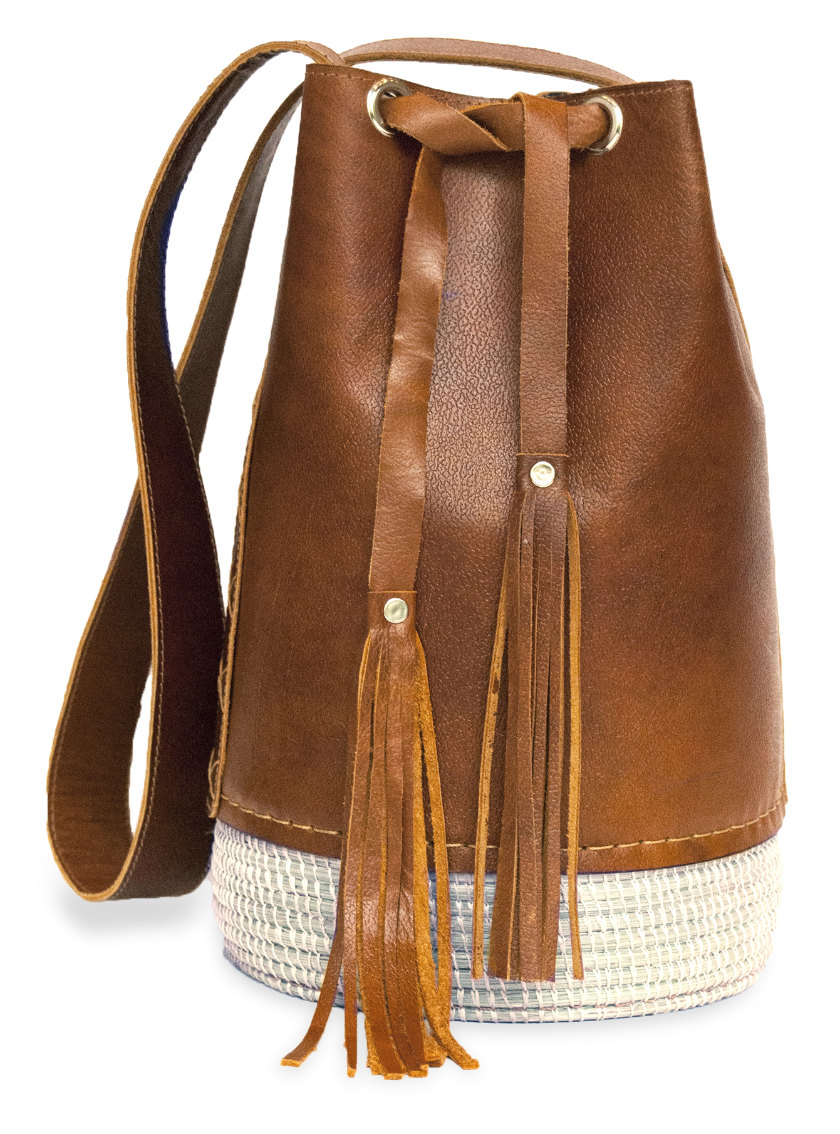
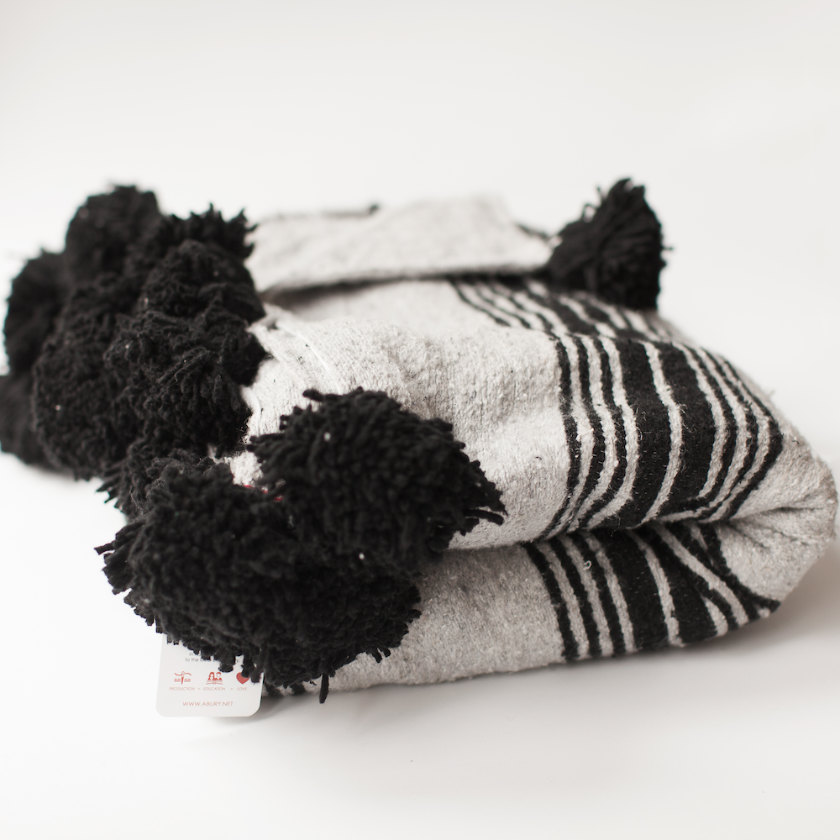
Related articles hand-picked by our editors
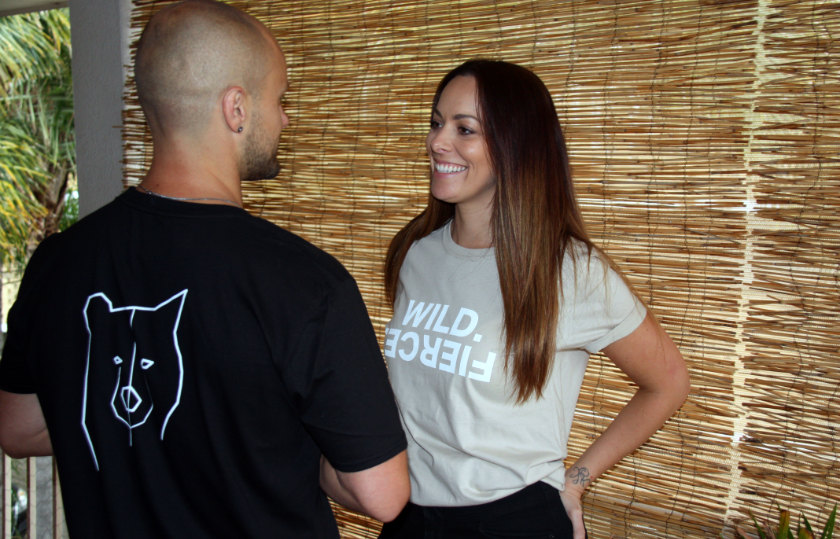
Fierce loyalty
Wolf & Bear Collective has gained a loyal following in its first year, with a story that resonates alongside a mission to care for our planet, writes Jack Yan
From the December 2019 issue of Lucire KSA
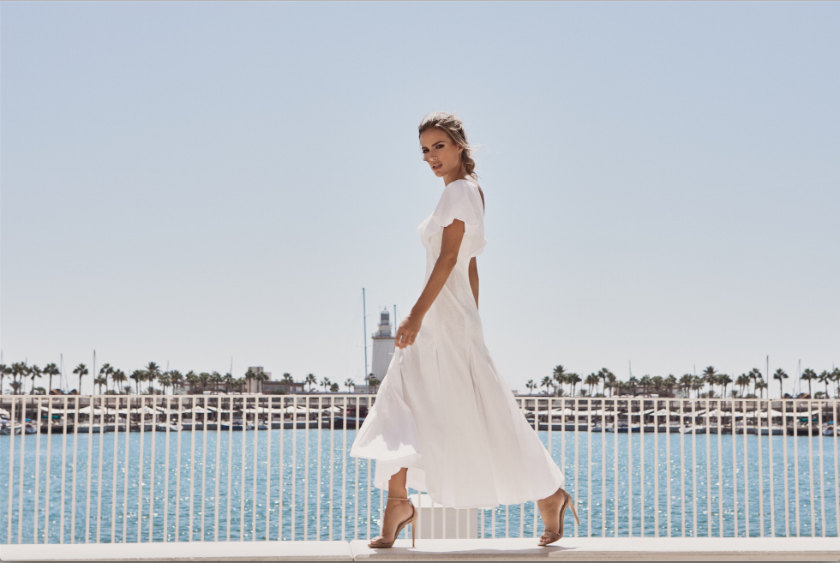
Making luxury ethical
Saudi designer Sadeem Alshehail launched her prêt-à-couture fashion label Sadeem in 2016. Three years on, she’s already widely recognized as a leader in sustainable design. Qurratulain Wahab met up with her to find out more
From the September 2019 issue of Lucire KSA
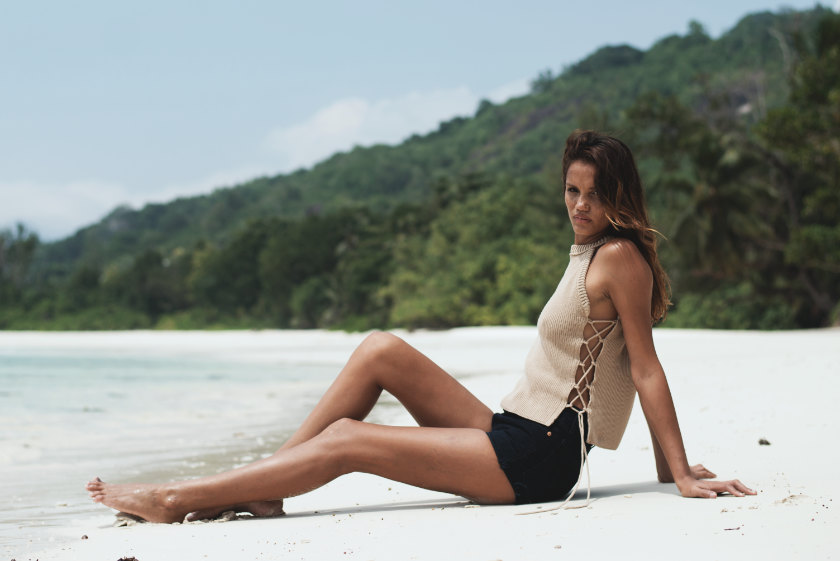
Next-level fashion
Cass, an eco-fashion label founded by French-born designer Eléonore Cass in 2017, has already earned an international reputation with its bold colours and strong ethics. She speaks to Jack Yan
From issue 40 of Lucire and the March 2019 issue of Lucire KSA
Advertisement
Copyright ©1997–2022 by JY&A Media, part of Jack Yan & Associates. All rights reserved. JY&A terms and conditions and privacy policy apply to viewing this site. All prices in US dollars except where indicated. Contact us here.